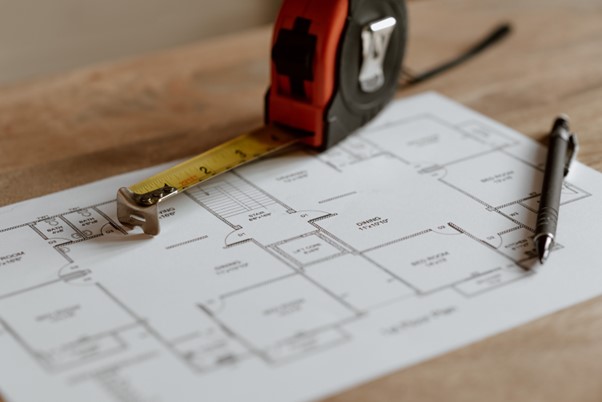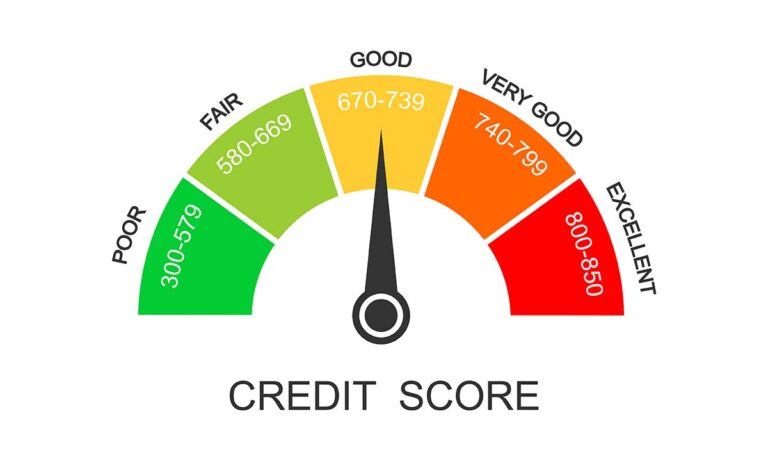How to Find Unrecorded Liens And Open Permits on a Property
With all the many tasks necessary to ensure a smooth closing, there is one area of concern that gets little attention but that can cause unnecessary delays and headache. Open and expired permits and unrecorded liabilities can not only postpone a property closing but can even cause a transaction to fall through entirely.
When you order a title search on a property, you do so feeling confident that the title company will uncover any outstanding mortgages, divorce decrees, easements, or judgments that are of record. This search is done to be certain that there can be no claims made by any other person to the property. You want to be assured by the title company that they can convey “clear title” to you as the new owner. A title insurance policy will back up that claim of title, however be aware that it will list certain exceptions to that coverage.
The title search will not uncover are unresolved code violations, building permits that have not been closed properly, or unpermitted structures. Code violations can include such seemingly harmless acts as fencing that is too high, a small structure that provides shade in the garden, a new water heater whose permit was not closed out, or an electrical outlet that is not up to code. Unpaid utility bills can also be an issue and will be the responsibility of the new owner.
Municipal Lien Search
Ask that a Municipal Lien search be performed on the property you are buying.
This type of search will disclose details that exist about the property’s unrecorded liabilities—that if left unresolved, can transfer over to you as the new owner.
What Is Included in a Municipal Lien Search
- Building Violations
- Code Enforcement Violations
- Open and Expired Permits
- Real Estate Property Taxes
- Sweet utility Balances
- Special Assessments
- Storm utility Balances
- Unrecorded Municipal and County Debts
Utility bills are usually not documented in the public record, so prospective homeowners have to look into the provider directly to get the details. These can include electricity, gas, water, and sewage.
Code violation is another type of unrecorded municipal lien. Most property owners don’t stay current with current codes in keeping up with the regulations; therefore, they violate them. When a prospective buyer purchases the property, the fines already imposed on the property are transferred to the new buyer even though such codes might have been rectified. The penalties could be for violations involving overgrown weeds, negligence I maintain trash, even pets.
Special Assessments are the taxes against a property to pay for services that will benefit the community — such as public infrastructures like roads and street lights., or underground utility poles. The assessments are paid under the real estate taxes. Unpaid special assessments are usually not documented in the public record. It is easy for a property owner to default and escape paying, and when the property is sold will be transferred to the new owner.
Building violations arise when an “open permit” given to property owners and contractors the right to construct or reconstruct a property, but that have not had a “final inspection” to close out the permit. The local government agency is in charge of issuing these permits. These ensuing certifications and inspection fees for construction are a type of unrecorded lien that threatens a potential buyer. Projects that were completed without a final inspection can require significant costs to bring up to the current standard.





